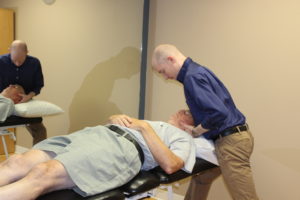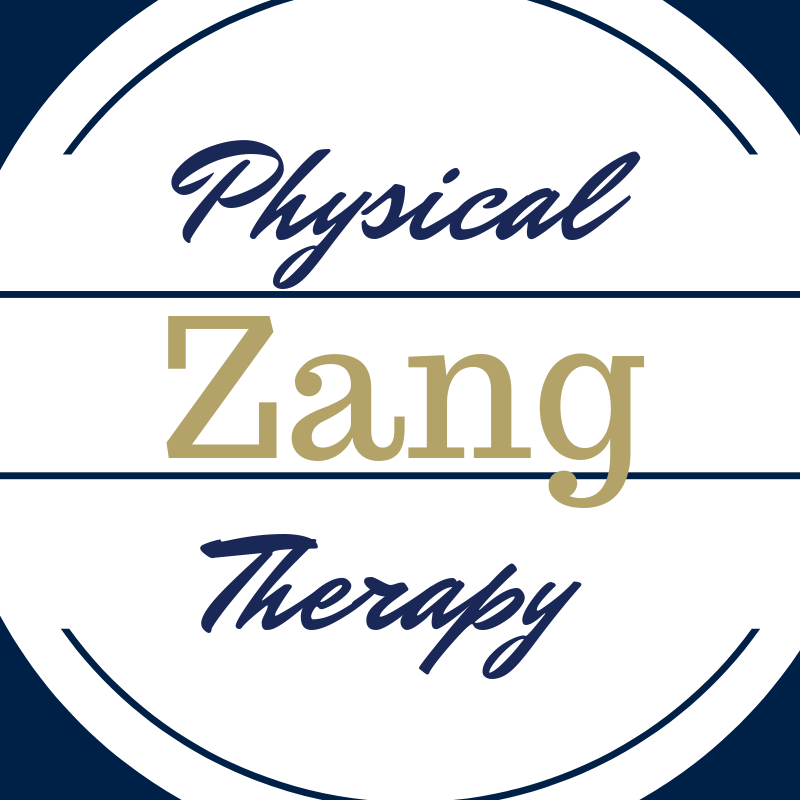The 1st question to be answered is do you really have a pinched nerve?? Often people believe they have a pinched nerve just because they have neck pain. Maybe because they have pain somewhere in an arm in addition to the neck. Possibly some doctor threw this term around without a good physical exam. Or worse yet Dr. Google or a friend said that is what it must be.
In reality a true “pinched” nerve is not all that common. Research indicates roughly 8.5 per 1000 cases (that is less than 1 in 100 people) actually have a pinched nerve (ref and another).There are many more likely causes that you may have neck pain with the potential for arm symptoms as well.
What you need to know is that many structures (other than a nerve) can cause pain of the neck or arm. This is called referred pain and is the most likely the issue a person experiences. And that pinching feeling while it may seem harmful is really nothing to fear. For the 99%, generally some hands-on treatment and exercise can help relieve that.
Now, lets suppose you happen to be the 1 in 100 with a real pinched nerve. Does this mean surgery is the only option? Still can’t answer that just yet; a few more questions to answer…Do you have true weakness of the arm/hand with pain? Have you lost your reflexes in that arm? Do have have truly altered sensation perception? (These questions will be answered by a qualified health professional). Are you having difficulty with tasks such as buttons, zippers, writing (fine motor skills)?
Even if the answer is yes to one or more of these questions, have you attempted all other conservative measures 1st? This includes: physical therapy, medication, injections, massage, and acupuncture among others. Before you even consider the most invasive treatment (surgery) all potential options should be tried 1st. Now there may be circumstances that may suggest skipping these steps, BUT those are even more rare than the 1 in 100 who actually have a pinched nerve.
 That said the research is divided on the long-term outcomes of surgery vs therapy. In the short-term, a study by Cleland suggests a group of individuals who will do well with therapy alone. Therapy should include hands-on care, exercise and maybe traction. A more recent study by Engquist found those undergoing surgery with therapy afterward had better outcomes at 5-8 years than those having therapy alone. What you should know is that even those who only had therapy improved a significant amount.
That said the research is divided on the long-term outcomes of surgery vs therapy. In the short-term, a study by Cleland suggests a group of individuals who will do well with therapy alone. Therapy should include hands-on care, exercise and maybe traction. A more recent study by Engquist found those undergoing surgery with therapy afterward had better outcomes at 5-8 years than those having therapy alone. What you should know is that even those who only had therapy improved a significant amount.
Now, if you are that 1 in 100 with a true pinched nerve, then seeking treatment immediately for it offers you the best chance to overcome it without surgery. The longer one waits and sees, the less likely conservative treatment will be successful. Know this, there is NO guarantee of success with surgery either, especially with long long-term symptoms.
If you are looking for ways to avoid surgery, injections, pain medication and recover more naturally, then Click HERE for tips and suggestions to defeat your neck pain on your own.
